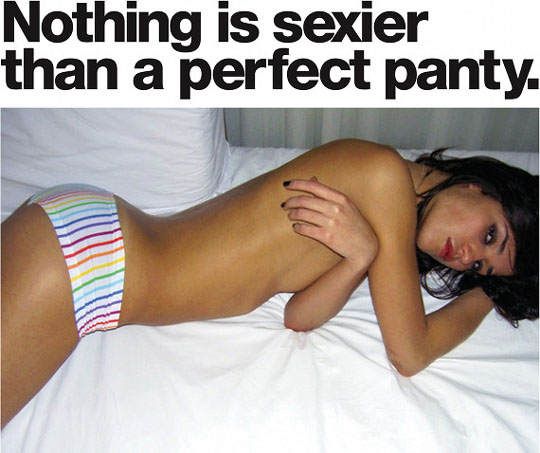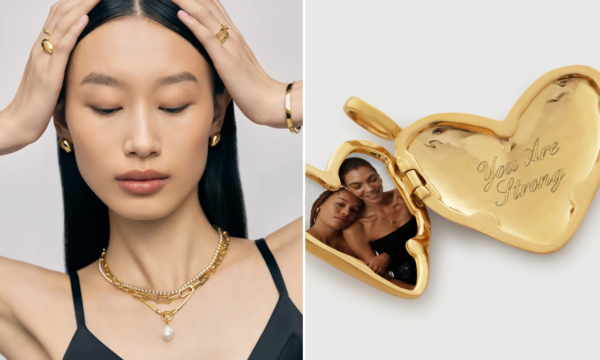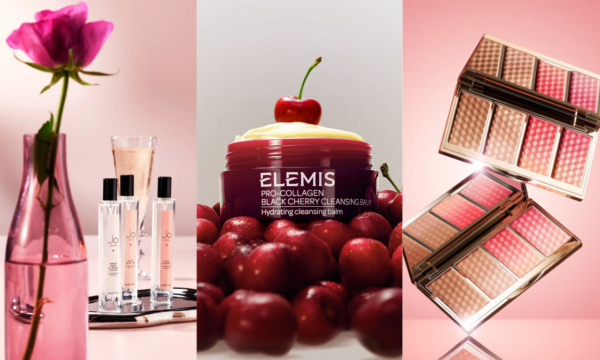American Apparel: Sweatshop free but is it sexism free?

It’s the main component of every cool girl’s staple wardrobe. It would be virtually impossible to tour any stereotypical fashionista’s hoard of clothes and not find at least a few adorable items labelled American Apparel, the sort you just have to treat yourself to once payday arrives. However, Dov Charney’s “sweatshop-free” fave has come under a vast amount of scrutiny as of late, due to its blatant sexism and superficiality-fueled company policies.
June 2014 saw Charney ousted by AA’s board of directors after being at the centre of numerous sexual harassment suits and accusations of assaulting store managers. The CEO was the driving force behind the brand’s provocative promotional shoots and has been blamed for the way the company are said to only hire “naturally beautiful” workers. But these aren’t just outrageous rumours created by a small stream of resentful and angry ex-employees; these are genuine accounts of what happened, and is still happening, to employees at AA.
One angry ex-employee of American Apparel leaked online the first pages of the contract that new employees are asked to sign. It states how makeup should be applied, how piercings and tattoos should be covered up and how employees are required to stay “on brand”. Another venting former worker at AA has spoken out about how she tried to get her friend a job at the brand. She sent her friend’s photo in to the headquarters (it’s a compulsory requirement for applicants to send a photo of themselves) and the response she got from management was that her friend’s hair was “bad”, her style “common” and that AA is looking for “fashion leaders, not fashion laggers”. Not only is the brand superficial, the management also gives advice on what kind of black girls can be hired to work for them. One manager was heard saying: “Try to find some of these classy black girls, with nice hair, you know?”
It appears the brand that is so well-loved for its simple and durable pieces has succumbed to the ideology that people should look a certain way, as opposed to taking employees based on their suitability for the role.
Naomi May





















Facebook
Twitter
Instagram
YouTube
RSS